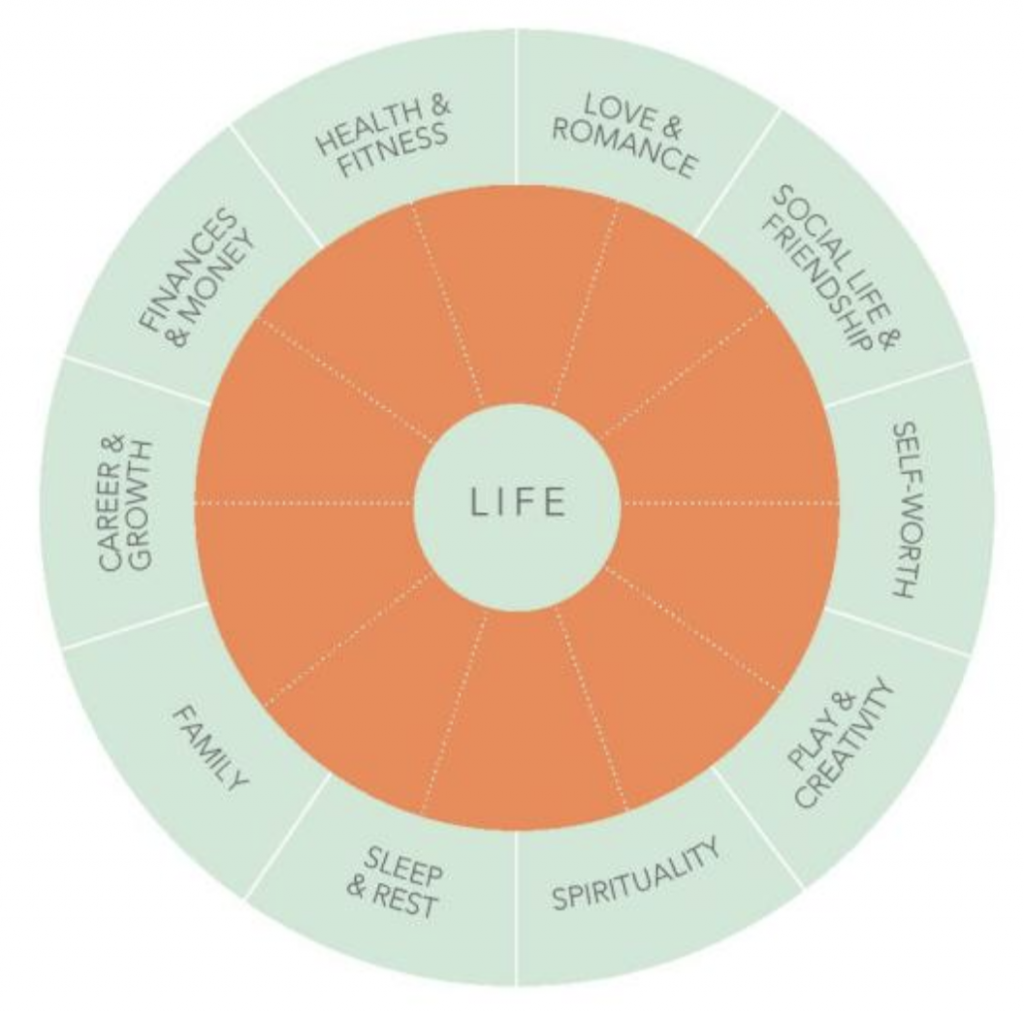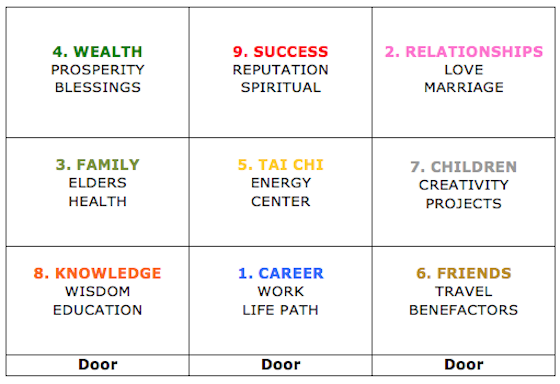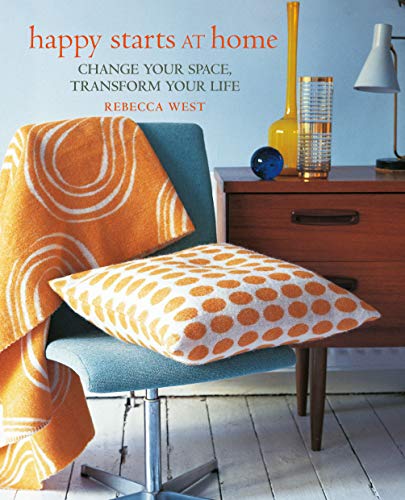This book is about feng shui without feng shui in it.
The TOC (table of contents) clearly illustrates what you can expect from it. Happy starts with you and how you define your perfect place. Are you financially fit – establish an abundant life in your home. Do you want to be healthy and well-rested – discover the geographic cure (move things out of sight that might trigger temptations). Do you want to have more friends? Create an inviting place for social gatherings. The big one: love. How to create romance, companionship or starting a new relationship. Interested in creating a family identity? More people work from home now so how do you make sure that your workspace work for you and how to set the scene for success. On spirituality: how to create care for your soul connection in your home? And finally, how do you build your self-worth and represent it your home? Say yes to your happy home.
Use your home as a tool to make better changes happen in your life. Through aligning your heart, home, and health, experience first-hand how small changes make a big difference.
What does it take to be happy at home?
It’s not about buying or not buying a new sofa. It’s about whether your home is working for you in the best way. Your home can directly improve your well-being and contentment with better health, sleep, and relationships, and ultimately decrease your stress levels to increase your all-round happiness.
Design expert Rebecca West helps you to learn how to achieve a geographical cure without actually relocating and how to redecorate so you can feel best in your space. Along with beautiful photographs, there are a variety of self-assessment activities to connect your financial, emotional and physical health to your space to ensure it nurtures your vision – and while doing so, investing your time and money more effectively too. With the valuable advice in Happy Starts at Home, you can commit to a philosophy of buying fewer things and doing more to discover what’s holding you back, in order to find joy and create a home that makes you smile.
The key is to start with the why. Ask yourself, “Why do I need to make a change to this space?”
The wheel of life – bagua model – how happy is your home?
There is no feng shui in this book but Rebecca starts with a classic wheel of life quiz which is popular in life coaching and is similar to feng shui bagua model. The quiz: how happy is your home? covers key areas of our life that might be relevant in relation to our homes. You’ll be asked to sore it on the scale of 1-5. It is a good self-reflection exercise on prioritising what is important to you right now. Questions range from “I sleep soundly through the night in my bedroom” to “Everything is in good repair in my home” to “My home reflects my values”.
The wheel of life covers the key domains of life such as
• health & fitness
• love & romance
• social life and friendship
• self-wealth
• play & creativity
• spirituality
• sleep & rest
• family
• career & growth
• finances and money

The Wheel of Life
See similarities between the wheel of life and bagua model

Feng Shui Bagua and position of different life aspects
Top tip from Happy Starts at Home: Change your space, transform your life by Rebecca West
Rebecca West says that this book is not an interior design how-to book guide but it’s about aligning your heart, your home and your health type of guide. Here are a few tips or reminders to make your home happy.
- Fix things. Incomplete jobs create unconscious stress. You know it. Get it done. Small fixes = big relief.
- Manage stuff. Everything in your home takes up space in your mind and heart. Humans do have feelings about things. Figure out what things in your home supports you and what sabotage your happiness.
- Every choice about your home influence you on many levels, physically, emotionally, mentally, spiritually, financially, self-esteem-wise, and so on. Your home can actually help you to decrease your stress levels and increase your happiness.
- Create an inviting space to yourself and others. Are you proud of your home? If not, this might affect your social life. Remember, the home is never done. It’s work in progress. Don’t apologise or beat yourself up for not measuring up. It’s YOUR home. You’re connected to it right now and you belong there, even if it might not feel like that. If so, change it. The book offers lots of good tips such as: make it tactile and use lots of soft objects; make it approachable, homely and relaxing; make it human scale by avoiding large artworks that create an oppressive look; make the sitting arrangments conversational and so on.
- The geographical cure is about adjusting your home and removing physical cues that can trigger unwanted behaviours. For example, if you want to reduce watching TV, move it away so you don’t see it so much. If you want to read more – simply, get more books around – research suggests that 80% of people say that books make them happy (and you don’t even have to read them but that’s another research).
- Want better sleep? Make it about sleep and remove anything that is not about sleep or sex.
- Designing a family home. Create an environment that says so. Make it practical and messy is fine too. If you have a large family, it will probably never be super tidy. Prime your family home with cues that suggest subliminally activities that you value. For example, if outdoor activities are important to you, get easy-to-clean flooring and good storage for outwear.
- Your home as a mirror of yourself. By making changes in your home environment, you can shift your inner reality. Interior design applies to you exterior reality and inner, mental, emotional and spiritual reality. Start with what’s there. Say yes to your home. Love your home as it is. It’s a story. Look at it as a useful tool for self-reflection and honest evaluation. And work on it to reflect who you are and who you’re becoming. And don’t take it too seriously or personally (it might not be easy initially). Because you might have a few second-hand things, it doesn’t reflect on your self-image. Reframe it as ecological move. And get that ‘sweet home’ sign or something similar, it might be cheesy but it works. Every home is unique. There are no ultimate rules. It just has to work for you and your family. Love your home.
To sum up
This book is an example of a modern, holistic, western, interior design approach that produces results without any eastern feng shui principles. The aims of this book and feng shui are similar ie to create harmonious homes. It’s a great reminder about using your common sense as well as an aesthetic sense for creating a truly homely home.
Get Happy Starts at Home: Change your space, transform your life by Rebecca West

